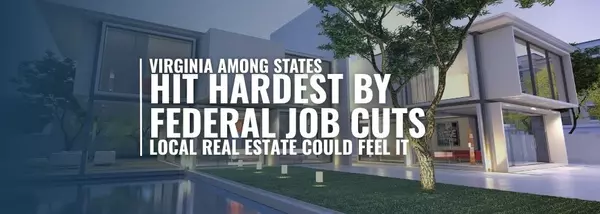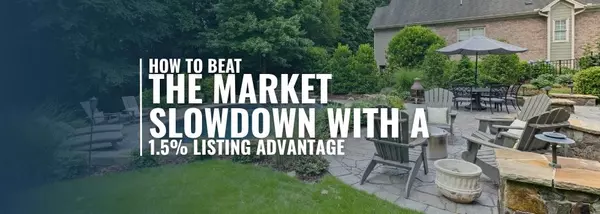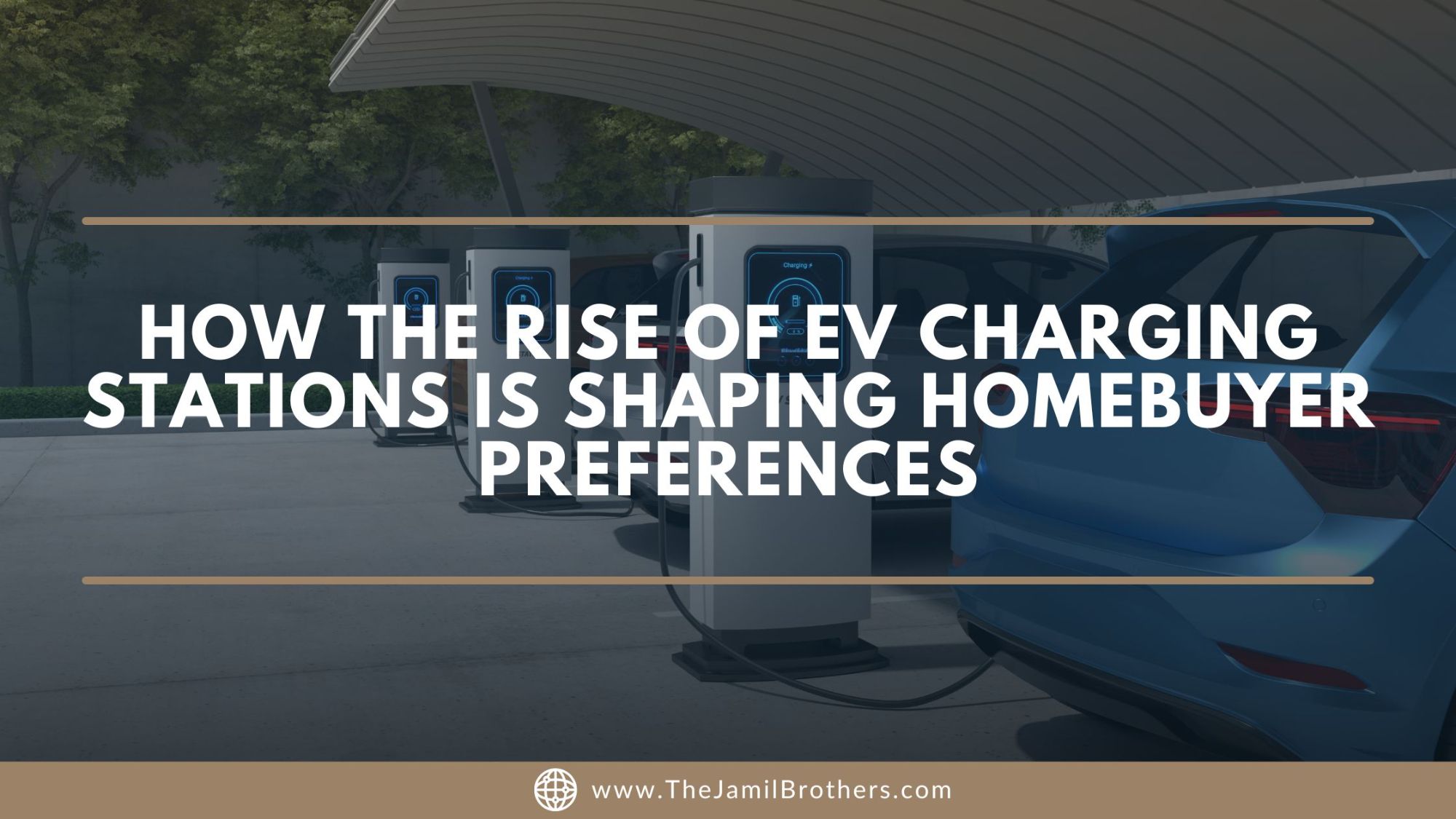How the Rise of EV Charging Stations Is Shaping Homebuyer Preferences
Electric vehicles aren’t just changing the way we drive—they’re transforming how buyers shop for homes and how sellers position their properties.
The real estate market is in the midst of a subtle but powerful shift: the rise of electric vehicle (EV) adoption. By 2030, it’s estimated that over half of new car sales in the U.S. could be electric, according to BloombergNEF. This trend doesn’t just affect automakers and energy companies—it directly impacts real estate. Increasingly, buyers are factoring EV charging accessibility into their home searches, and sellers are recognizing the value of offering EV-ready properties.
What was once seen as a luxury perk is quickly becoming a standard feature, much like stainless steel appliances or high-speed internet. For homeowners and investors, understanding this shift is essential for staying competitive in today’s housing market.
The Surge of EV Adoption and What It Means for Housing
EV ownership is growing at breakneck speed. In 2025 alone, U.S. EV sales are projected to top 2.3 million units, a 25% increase from the previous year. With this surge comes a growing need for convenient charging infrastructure.
While public charging networks are expanding, 80% of EV charging still takes place at home. This makes charging access one of the most critical factors for homeowners and buyers considering EV adoption. For buyers, a home without charging capabilities may feel outdated—or like an immediate expense waiting to happen.
What Today’s Buyers Want: Convenience, Cost Savings, and Sustainability
Modern buyers are looking for more than just square footage and upgraded kitchens. Their priorities are shifting toward lifestyle and future-proofing. EV-ready homes check all three boxes:
- Convenience: Level 2 chargers can power most EVs overnight, meaning owners wake up to a full battery every day—no detours to public stations.
- Cost Savings: Charging during off-peak hours can cut fueling costs by 50–70% compared to gasoline, appealing to budget-conscious buyers.
- Sustainability: Millennials and Gen Z, who make up the fastest-growing segment of buyers, prioritize eco-friendly lifestyles. Homes aligned with sustainability trends often carry stronger appeal.
For many buyers, especially younger professionals and families, EV charging access is not just a convenience but a reflection of their values and long-term goals.
How Sellers Benefit from Installing EV Chargers
For sellers, investing in EV infrastructure offers strong returns. According to Realtor.com, homes with EV charging capabilities sell 10 days faster than similar listings without them in high-adoption areas. Appraisers are beginning to recognize EV infrastructure as a contributing factor to home value, especially in metro regions.
Key benefits for sellers include:
- Resale Value: Homes with EV chargers may sell for 2–5% more than comparable properties.
- Market Differentiation: In competitive suburban markets, EV-ready homes stand out.
- Future-Proofing: A simple $1,000–$2,000 investment in a Level 2 charger installation could attract higher-paying buyers for years to come.
The Bigger Picture: Neighborhoods, Builders, and Infrastructure
It’s not just individual homes adapting. Entire communities are integrating EV infrastructure into their designs. National builders like Lennar and Toll Brothers are increasingly marketing “EV-ready homes,” with garages prewired for chargers. Luxury condo developments now advertise EV charging as prominently as fitness centers or pools.
Meanwhile, municipalities are updating zoning and building codes to require EV-ready wiring in new construction. California, for example, mandates that most new homes include EV charging capabilities, while Virginia and Maryland are considering similar measures. These shifts suggest that EV infrastructure will soon be as standard as central air conditioning.
Smart Homes and the Next Wave of EV Integration
As technology advances, EV charging will increasingly merge with the “smart home” ecosystem. Features on the horizon include:
- Vehicle-to-Grid (V2G): EVs serving as backup batteries, powering homes during outages or selling excess energy back to the grid.
- Smart Charging: AI-powered systems that automatically charge vehicles when electricity is cheapest or greenest.
- Solar Integration: Pairing rooftop solar panels with EV chargers to create fully self-sustaining homes.
For forward-thinking buyers, homes with smart EV-ready infrastructure represent not just convenience but long-term resilience and sustainability.
What Buyers and Sellers Should Do Now
For buyers: If you already own—or plan to own—an EV, prioritize homes with EV charging or prewired capacity. Retrofitting later can cost more and delay convenience.
For sellers: Even if you don’t own an EV, preparing your home for one is a forward-looking investment. A simple 240-volt outlet in the garage could mean the difference between attracting the right buyer or being overlooked.
Buying or Selling in the EV Era?
Our team specializes in helping clients make smart real estate decisions in a fast-evolving market. Whether you’re a seller looking to boost your home’s value or a buyer searching for future-ready properties, we’re here to guide you every step of the way.
📩 Contact Us TodayFrequently Asked Questions
1. Does having an EV charger increase my home’s value?
Yes. Studies show EV-ready homes can command a 2–5% price premium and often sell faster, especially in regions with high EV adoption. Appraisers are increasingly factoring EV infrastructure into home valuations.
2. What type of EV charger should I install at home?
A Level 2 charger (240-volt) is the best option for homeowners. It charges EVs in 4–8 hours, making it practical for daily use. Even if you don’t install one now, having the electrical capacity for it is a smart investment.
3. Are new housing developments including EV infrastructure?
Yes. Many new-build communities and condos are marketing EV charging as a standard amenity. Some states are even requiring new homes to be EV-ready, signaling that charging access will soon be a default expectation.
Recent Posts










Let's Connect


